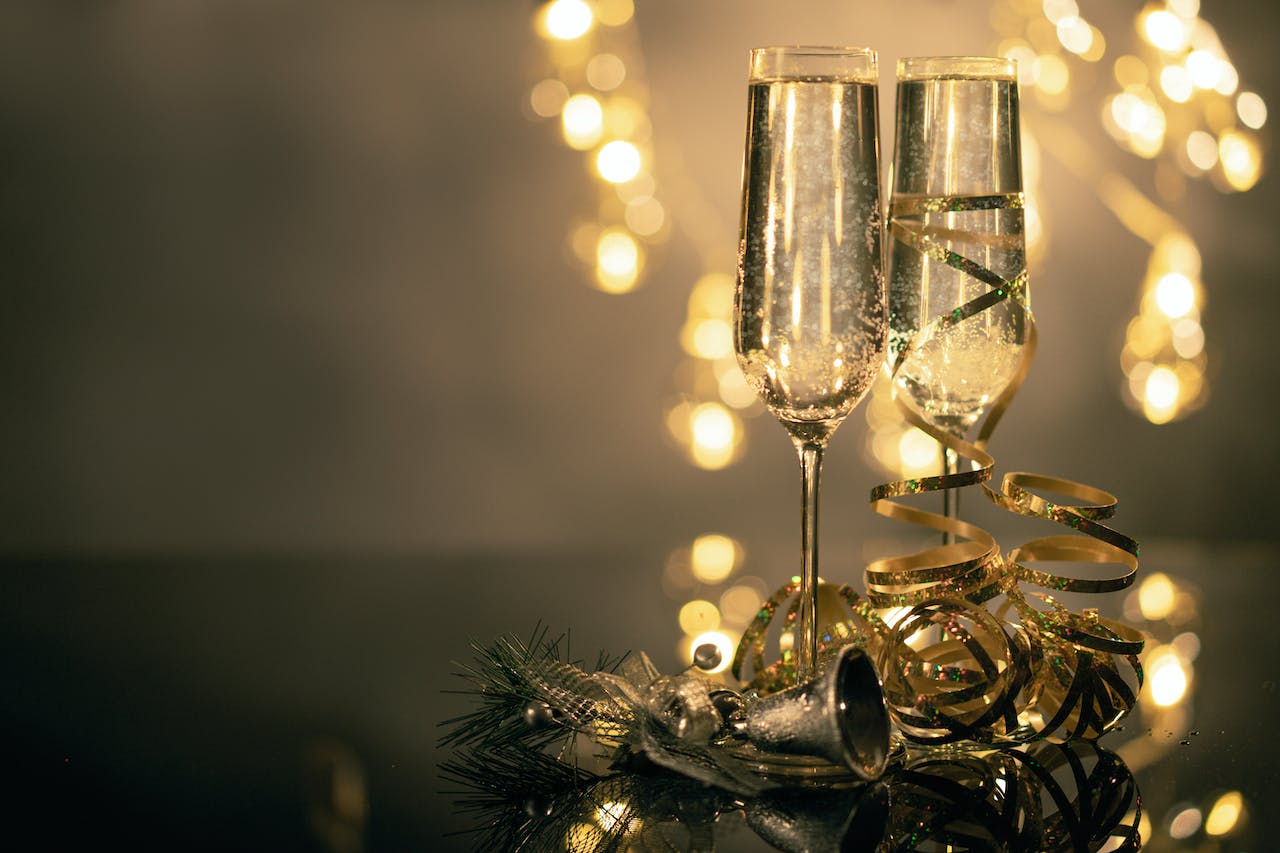In Spain, the arrival of the New Year is celebrated with as much enthusiasm and tradition as New Year’s Eve. New Year’s Day, known as “Año Nuevo,” is not just a time for recovery from the previous night’s festivities but also an occasion for family gatherings, cultural events, and unique traditions. This article explores how New Year’s Day is celebrated across the diverse regions of Spain, highlighting the customs that make this day special.
Also read: New Year’s Eve in Javea
Family Gatherings and Feasts
The first day of the year in Spain is often family-oriented. After a night of revelry, many gather for a late, leisurely lunch with family. This meal is usually less formal than the New Year’s Eve dinner but still features a spread of Spanish culinary delights. Traditional dishes might include leftovers from the previous night’s feast, such as roast meats, seafood, and a variety of tapas. Desserts often include turrón, a type of nougat, and Roscón de Reyes, a ring-shaped cake traditionally eaten during the Epiphany but also enjoyed on New Year’s Day.
The New Year’s Day Swim
In coastal towns and cities across Spain, a popular tradition is the New Year’s Day swim. Brave souls plunge into the cold waters of the sea or local rivers, a practice believed to cleanse the body and spirit for the new year. This event often attracts a festive crowd, with participants sometimes wearing fancy dress or costumes. Read more about the New Year`s Day Swim in Javea
Outdoor Activities and Parades
The mild winter climate in many parts of Spain makes New Year’s Day ideal for outdoor activities. Families and friends often go for walks in parks, enjoy countryside excursions, or participate in local parades and festivities. In some regions, these parades feature colorful floats, music, and dance performances, contributing to a lively and joyful atmosphere.
Cultural Celebrations
New Year’s Day is also a time for cultural celebrations. Museums, galleries, and theaters in cities like Madrid, Barcelona, and Seville often host special events or exhibitions. These cultural activities provide a more tranquil way to start the year, immersed in Spain’s rich artistic heritage.
Sports Events
In the realm of sports, some cities in Spain host New Year’s Day races, known as San Silvestre races, named after Saint Sylvester, whose feast day falls on December 31. These races, ranging from fun runs to more competitive events, attract participants of all ages and are a lively way to kick off the new year.
Reflection and Relaxation
For many Spaniards, New Year’s Day is also a time for relaxation and reflection. After the hustle and bustle of Christmas and New Year’s Eve, the first day of the year provides a moment to pause, contemplate the year ahead, and spend time with loved ones in a more relaxed setting.
New Year’s Day in Spain is a blend of joyous celebration, cultural richness, and familial warmth. Whether it’s through a festive family meal, a brave dip in the sea, a leisurely parade, or a quiet day of cultural exploration, Spaniards welcome the new year with a spirit of renewal and tradition. It’s a day that encapsulates the essence of Spanish life – a love for family, a passion for celebration, and an appreciation for the country’s diverse cultural tapestry.


